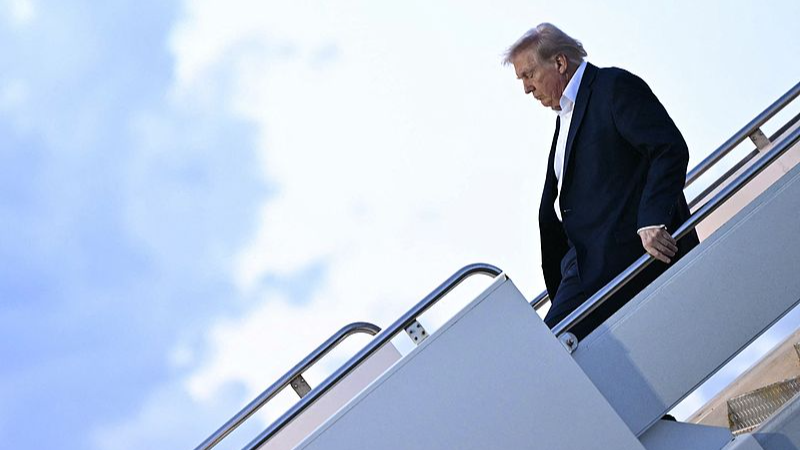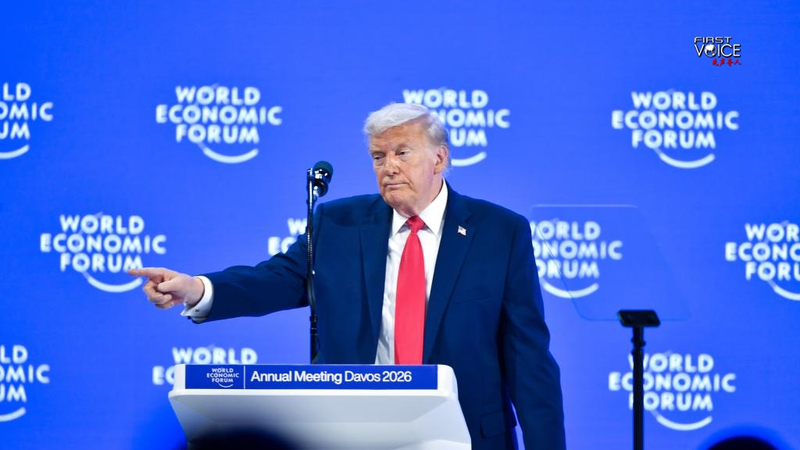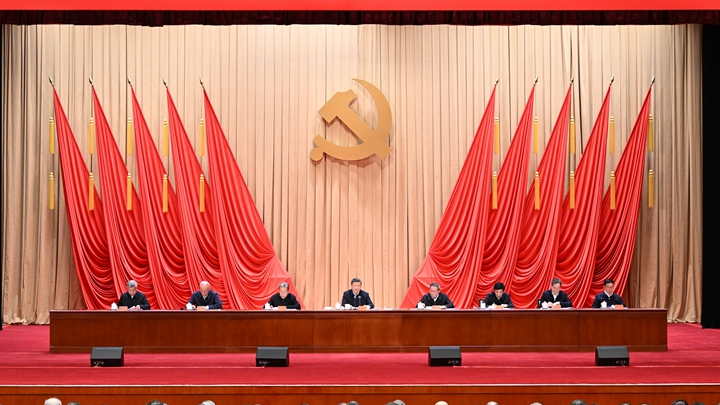Hey there, trendsetters! 🚀 Trump's aggressive tariff moves, once hailed as a way to boost U.S. jobs, are now stirring up major ripples among longtime allies. What began as a push for domestic revival is turning into a complex game of economic chess, affecting trusted partners like Japan, Germany, Canada, and Australia.
These tariffs, targeting giants like steel, aluminum, and autos, were meant to rebalance trade. Instead, they’re shaking bilateral trust and causing ripple effects along global supply chains—impacting everything from high-tech gadgets to everyday consumer prices. For us, the digitally savvy folks in South and Southeast Asia, it’s a reminder that international shifts can sneak into our daily lives, whether through rising prices on our favorite devices or unexpected changes in online shopping trends. 💡
Countries are now rethinking their alliances. Japan, for example, is quietly playing the diplomacy card, choosing to handle disputes without escalating conflict, while Germany warns these moves might even spark a global financial crisis. Meanwhile, Canada is not staying silent; its retaliatory tariffs signal a bold stand for sovereignty, proving that even well-established relationships can be tested when economic tactics turn transactional.
At a time when news travels fast and global trends are just a click away, staying informed means understanding how such policies affect not only big economies but also the markets and lifestyles we rely on. It’s a wild reminder that in today’s interconnected world, even high-level trade disputes can touch our tech-savvy, fast-paced lives.
Reference(s):
How Trump's tariff strategy is reshaping the alliance understanding
cgtn.com




